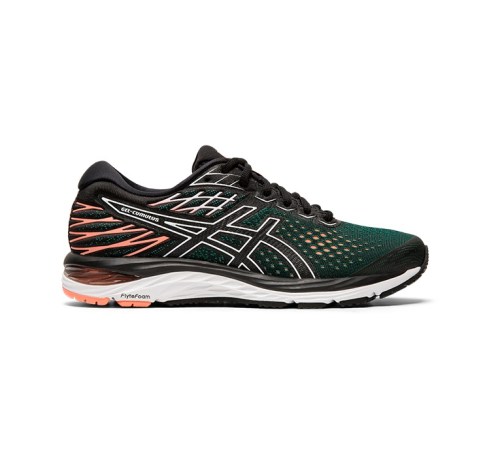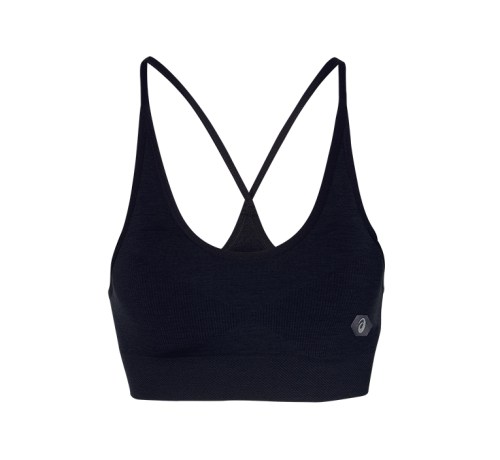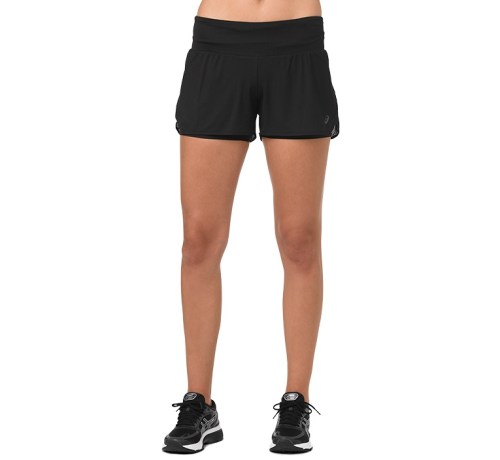A Run Coach’s Guide to Running Smarter (Not Harder) As the Weather Warms Up
On the plus side, extended daylight hours mean no more runs in total darkness, and toastier temps mean fewer layers—and less laundry. Plus, nothing says “I’m a runner” quite like a sports bra tan line.
The steady incline on the thermometer also means, well, it’s hot out. But if you have big summer or fall running goals, the time to put in work is now—which means the key to upping your speed and mileage in spite of the heat is training smarter, not harder. Elizabeth Corkum, coach at Precision Run in New York City, is well-versed in super sweaty runs and adjusting both her pace and expectations accordingly.
If you have big summer or fall running goals, the time to put in work is now.
“The transition from spring to summer is really tough,” says Corkum, a 21-time marathoner who runs four to six days a week. “I’m often gearing up for marathon training in the summer, so as the temperatures are rising, so is my mileage.”
And while there are the obvious adjustments to be made—opting for shady running routes, running during the coolest time of day, taking frequent water stops, and accepting that sometimes it’s just going to be tough—Corkum says there’s more to hot-weather running than just slugging some extra H2O.
Summer running, had me a blast—but can summer running get you so fast? Here's 3 tips on how to do it.
1. Consider the humidity
Whether you’ve spent the winter months logging miles inside on a treadmill or running alongside the icicles, your body will need some time to adjust to the newly warmer temperatures. But the main number on your weather app isn't the only one to focus on, according to Corkum.
“I keep my eye on the forecast—especially the humidity level and real-feel temperature,” Corkum says. “I’ve been known to wake up at 4 on a Saturday to knock out my 20-miler before most people are up.”
Sometimes no matter how early you wake up, it's just h-o-t. Those are the days Corkum stresses the importance of being vigilant about hydration. “I often use a scale to weigh myself before a long run and after,” she says. “This way, I have an idea of how much I need to rehydrate. It’s not uncommon for me to lose five to eight pounds during a summer long run. That’s a lot of liquid and electrolytes!”
When it comes to dressing the part, opt for cool, breathable fabrics from head to toe, including durable, lightweight shoes—like the ASICS GEL-CUMULUS® 21, which use springy FLYTEFOAM® Propel technology that will keep you from feeling weighed down. “The shoes have an awesome cushion-like feel to them,” Corkum says. “I feel great response with every stride. They definitely live up to their reputation.”
2. Train your brain
Summer running may be tough on your body, but powering through the necessary mental adjustments can be even tougher. “Mentally, it’s tough to be in physical distress, so the mental and physical challenges are often connected,” Corkum explains.
When a run turns hard, instead of hitting the panic button (or calling it quits), Corkum suggests doing a mental check-in on your form and breathing. “It’s easy to lose focus when it’s tough,” says Corkum. “I give myself cues, like ‘get off the ground,’ ‘stay tall,’ or ‘get your knees up’ to get my turnover and efficiency back. [...] But if I’m beginning to cramp or am in real distress, I cut the run short.”
No run is worth risking heat stroke, so be honest with yourself during your check-in. "It’s best to focus on safety if you’re seriously questioning if you should continue," Corkum says. "That said, there are times I mentally am over it...but I’m not in a dangerous place. That’s when I force myself to dig deep."
3. Ditch the comparisons
One of the most common mistakes Corkum says she sees runners make when they're working on improving (no matter the time of year) is falling into the comparison trap. "Runners love to talk about running, so it’s easy to begin comparing ourselves to one another," she says.
Instead of looking to someone with a successful training plan and trying to copy it exactly, Corkum suggests trying to learn from other runners without assuming their method would work for you. "Not everyone can thrive on running five times a week. Others need more and others need less," she says. "Some runners aren’t really bothered by heat and humidity. I envy those folks!"
Even after running 21 marathons, Corkum admits she still sometimes questions her own methods or abilities as a result of comparison. Her advice for dealing with moments of self-doubt like that? "Celebrate you, and have confidence in what you know works for you."
shop her look
In partnership with ASICS
Images: Tim Gibson for Well+Good
Loading More Posts...



